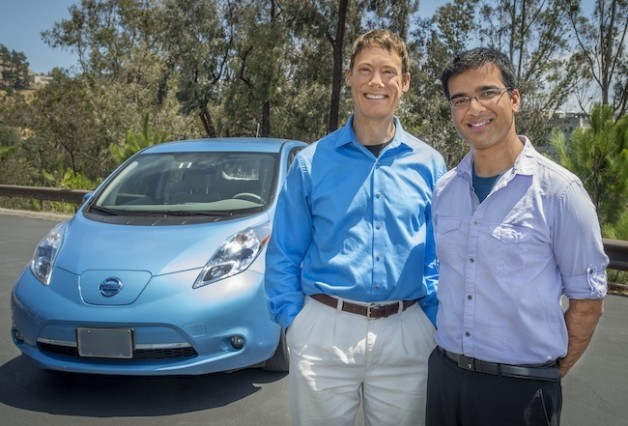A new study reveals that autonomous taxis or cabs that are capable of driving themselves without any human interaction can apparently help in reducing greenhouse gas emissions that cause climate change.
Researchers from Lawrence Berkeley National Laboratory have examined different automobiles and the amount of greenhouse gas emissions they expel where they discovered that driverless taxis can cause the least damaging effects to the environment while providing sufficient transportation.
The findings revealed that by the year 2030, self driving vehicles that will be powered by electricity can ultimately produce 63 to 82 percent fewer harmful gas emissions as opposed to hybrid cars that run on gas and electric power that are most likely to be available during that time.
A more concrete example would be, a driverless cab can produce 90 percent lower gas emissions than a 2014 model gasoline powered car.
According to Jeffery Greenblatt from Berkeley Lab, when they began studying different kinds of autonomous vehicles, these vehicles most especially those of a shared transit system projected the lowest energy use per mile.
Using a method called "rightsizing", the size of the taxi and its number of guests are to be utilized efficiently to reduce greenhouse gas emissions. For example, if one or two people without any luggage are to ride a cab, the taxi company will send out a smaller vehicle. However, when a family of four with luggage calls for a taxi, a larger cab is needed. To date, several companies are now developing self driving cars with one to two seater vehicles.
In 15 years, more power plants in the United States will be expected to use more renewable energy which means, fewer greenhouse gas emissions compared to those of today. This also means that in order to provide power for electric vehicles, there will be much lower significant environmental impacts than the emissions of 2015.
However, even in 2030, electric vehicles will still cost more than gasoline relying cars in terms of owning one and operating one, with 12,000 miles every year according to the new study. Since taxis average about 40,000 to 50,000 miles a year, this would also mean lower driving costs for vehicles that will offset its higher price, according to researchers.
This new study is published in the journal, Nature Climate Change.



























